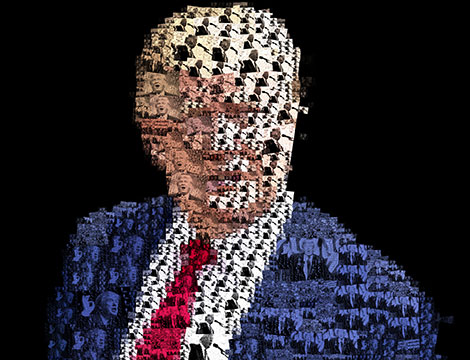
This article was originally published by E-International Relations on 4 February 2017.
It is difficult to find experts that approve of President Donald Trump’s emergent foreign policy. Neoconservatives and internationalists complain that, by abandoning the leading role the United States has taken in world affairs since the end of World War Two, he is contributing to the collapse of the liberal world order and the emergence of a more dangerous, Hobbesian alternative. Libertarians and economists worry that he risking a global depression with his protectionist policies. National security hawks argue that his anti-Muslim rhetoric could bolster ISIS; and regional specialists warn that he is wrecking relationships with key partners such as Europe, China, and Mexico.
To a considerable extent, Trump’s detractors are correct. His assessment of the prevailing state of affairs—that a corrupt, globalist political establishment has allowed other countries to take advantage of the US and that the best way to remedy this is to put ‘America First’ by reducing imports and extracting substantial concessions from allies and international institutions—is as simplistic as it is delusional. Whatever one thinks of US foreign policy, a belligerent, neomercantilist, unilateralist approach would be destabilizing overseas and would only exacerbate the problems confronting the country at home.
